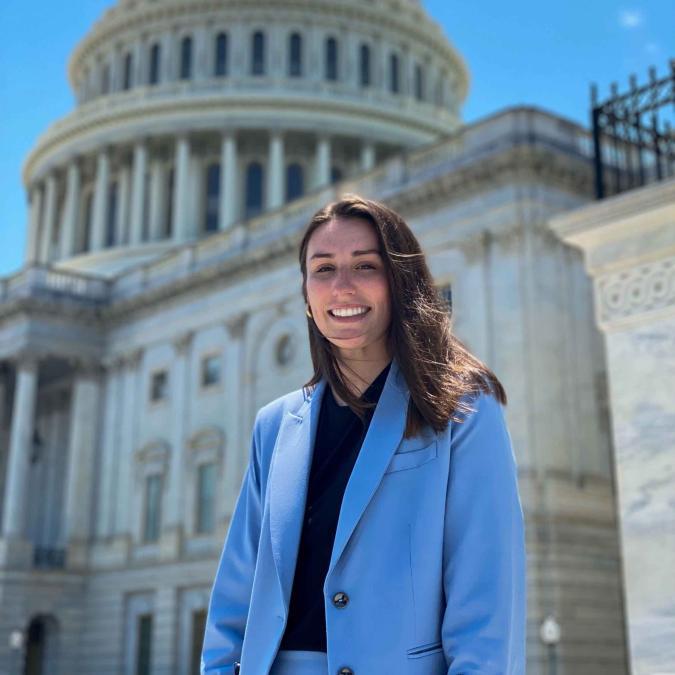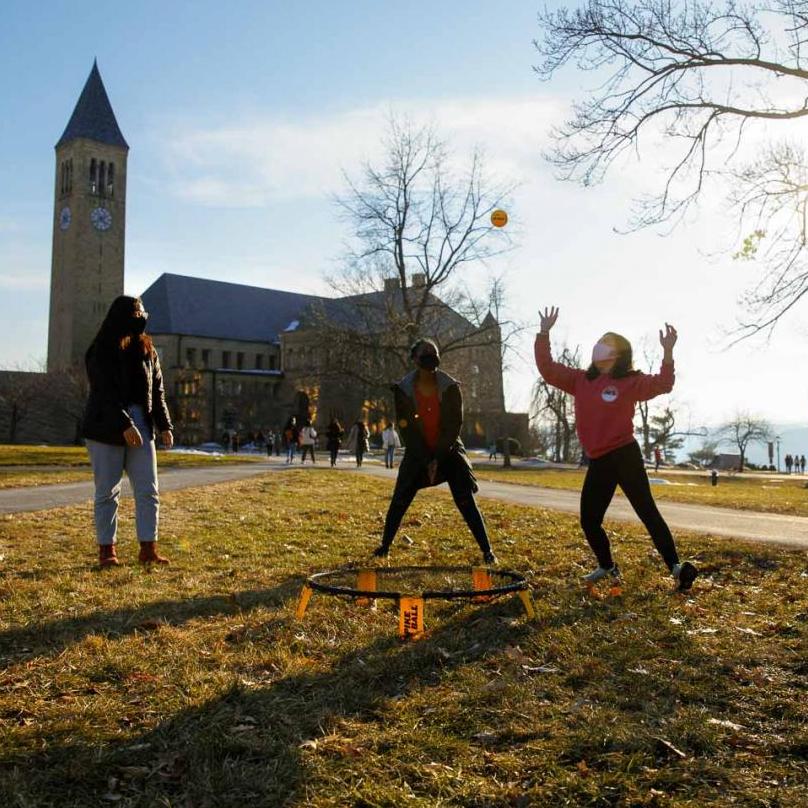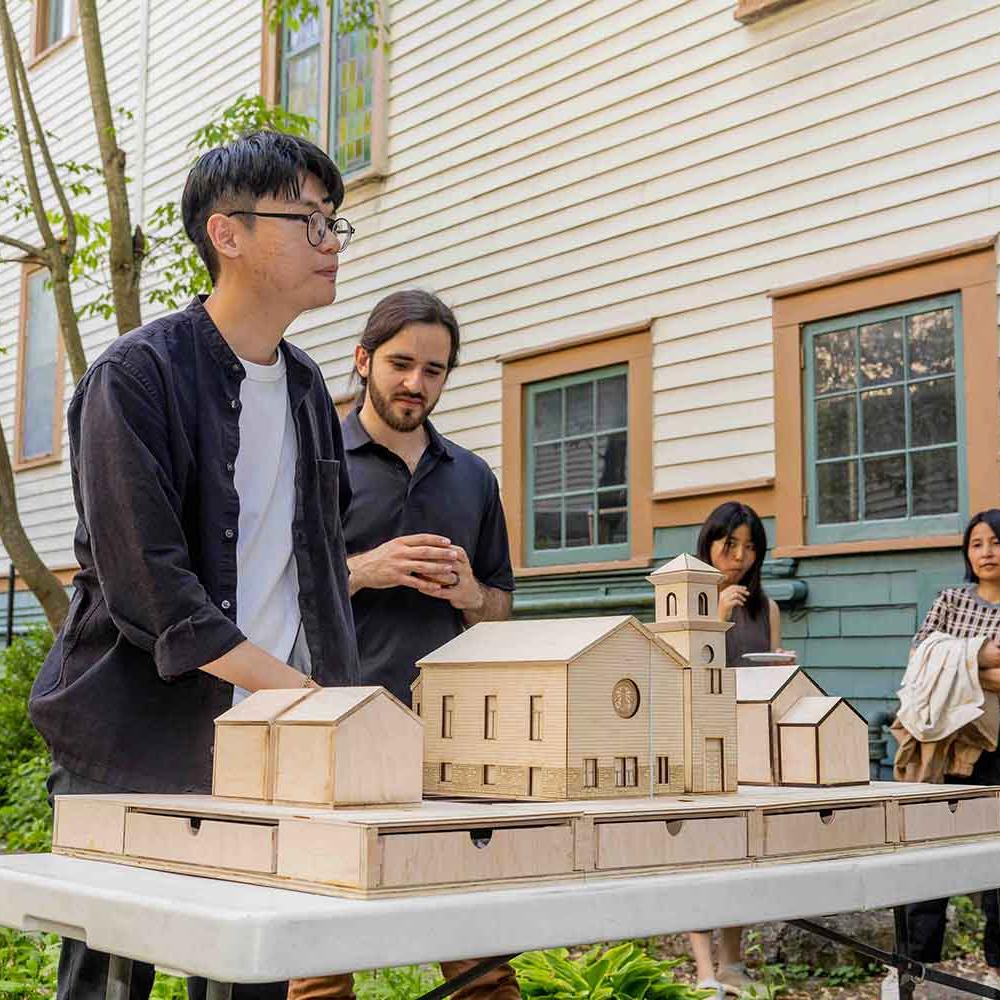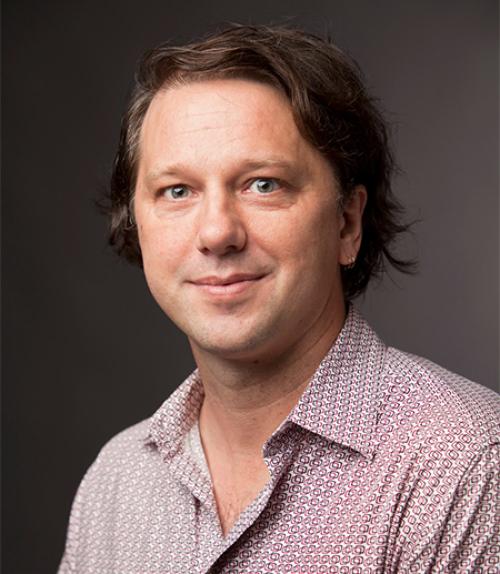I have long thought one could make a map of each person’s life by marking each phase with the books one reads: It would be an imaginary library spread out across space and time that is written neither by nor about the person, but at the same time is as intimate to the self, to ‘who one is,’ as any other experience – perhaps more so, since books offer ideas, affects, situations, that each reader enters, occupies, and walks away from in a singular way. The story may be the same, but each person encounters it differently, unique to the circumstances of its reading. Without ever keeping a diary, with no other written personal record, one can ‘write’ one’s life by reading. This fantastic library, however, doesn’t offer direct access to one’s previous self; rather, it provides traces – some legible, others enigmatic – of a past time, a lost time, that are re-activated and re-inscribed each time one returns to the text or passes it on to another.
This imaginary library would traverse the space and time of a person’s life while also intersecting with many other people’s libraries: Literally thorough all the public libraries and used bookstores one visits, whose books pass from hand to mind and back again in a circulation that often bears mementos of previous readers (ex libris stamps, pencil marks, and minor marginalia); figuratively, since one can imagine that the ultimate, fantastic version of each book includes not just the text but also the reading experience of all its readers – their enchantment, bafflement, resistance, critique. Every book in this library would become, then, a book of lives, a collective palimpsest superimposing each person’s unique experience as he or she traverses the shared possible worlds we call literature.
My personal map would begin at the public library in Elm Grove, Wisconsin, where we would go once a week (on bikes or with as many of the eight children who could fit in the car). Of all those early books, most now merely exist as titles: The Boxcar Children (I think I read them all over many years, often under the covers by night light); The Spaceship under the Apple Tree (one glorious summer back when summers were still long and glorious); Encyclopedia Brown (I can still remember some of the cases); The Outsiders and Rumble Fish (older brothers recommending books beyond my age). Then later discovering Renaissance Books in downtown Milwaukee during high school, a magical place that could no longer exist today (and doesn’t) – five stories (and more) of used books, wall to wall, ceiling to floor, stacked in boxes, floor boards bending beneath the weight: a Mecca of the imagination. Here I found Shakespeare, Hesse (I read Siddhartha twice in row in high school, so moved at the time, so embarrassed today), the Beats (especially Kerouac), Homer, Beowulf, even my first Greek-English New Testament. Fast forward a few years when taking a year off from college and visiting Europe for the first time, the map would drastically expand: Dostoevsky’s Crime and Punishment outside the walls of Jerusalem; Moby Dick on the boat between Israel and Greece; Henry Miller’s Tropic of Cancer on trains thanks to a copy that a fellow passenger left me. And onwards the biblio-biographic map expands: Hölderlin’s poetry through the night in a dilapidated old servant’s house in Providence (the address ended in a number plus “Rear”); reading Thomas Bernhard’s Extinction out loud to myself during my first stay in Berlin in the dead of night whiling away a horrible jetlag; Jean Paul’s Hesperus on a back porch in Baltimore; Blumenberg’s Care Crosses the River on a balcony in Berlin while quitting smoking; Sentimental Education on vacation in France; Dickens' Great Expectations on the plane to Boulder; the first four volumes of Knausgaard’s My Struggle over the holiday break, sick in bed, waking, reading, sleeping, waking, reading.
But at the center of my personal library one would find the book that in one hilarious moment (Berlin, 1997) revealed what I would write my dissertation on, and which contains the most fantastic library I have encountered, Jean Paul’s The Life of the cheerful little Schoolmaster Maria Wutz (1793). Wutz’s library is like no other: an enthusiastic reader who wants to stay abreast of the rapidly advancing Zeitgeist, Wutz has one problem: he has no money to purchase the epochal works. The only book he can afford comes for free: the catalog of books to appear. Wutz’s solution to his dilemma is as brilliant as it is mad: after dutifully studying the forthcoming titles, Wutz gets down to work, writing every word of them based solely on the title and, thus, fills his library with all the decisive books of the Eighteenth century: ‘Kant’s’ first Critique, ‘Schiller’s’ The Robbers, ‘Goethe’s’ The Sufferings of Young Werther … all composed by Wutz himself, which he then studies with the love of a philologist. This process leads to some oddities: When Wutz, for example, writes ‘Kant’s’ first Critique and arrives at the central notions of space and time, he can only draw upon what he knows, “the space of a ship and the time of the month one calls menstruation”; or, after conducting a thorough investigation of the Freemason’s writings (written, of course, by himself), Wutz too “smells the rat at work.”
Wutz’s library exhibits a true form of radical imagination, a power of fantasy beyond utility. In many ways it is the ultimate act of laughable futility, since his passionate project is premised on needing to write the canonical works that, in fact, already exist, a massive investment without real return. But on the other hand, this ‘waste of time’ arises solely from the desire to be of the time, to participate in the Zeitgeist that Wutz knows only appears thanks to and in the imagination. In producing a para-library of Eighteenth century literature – written by himself – Wutz both fails in achieving the works of Kant, Goethe, or Schiller and in a decisive way matches them, may even outstrip them in the insistence of imagination. He counters his limited experience of the world by mapping his boundless fantasy onto the world of books, which become then his life, his autobiography – the perfect conjuncture of library and intimate experience, a library that literally maps his life.
About the Transformative Humanities Project
Faculty in the College of Arts & Sciences share a belief in, and speak often with our students, their parents, and the broader public about, the importance of the humanities for shaping deep and meaningful human lives. These short reflections by our faculty illustrate — in concrete and personal ways — how encounters with the stuff of the humanities have in fact been transformative in their own lives. In composing these reflections faculty were responding to the following assignment: Pick a single work in the humanities that has profoundly affected you — that inspires you, haunts you, changed the way you think about things, convinced you to pursue your life’s work, redirected your life’s work . . . in short, a work that has made your life in some way deeper or more meaningful.
This reflection is one of the many thought-provoking and inspiring faculty contributions to the “Transformative Humanities” project, part of the College of Arts & Sciences’ New Century for the Humanities celebrations. Read more of them on our New Century for the Humanities page.





